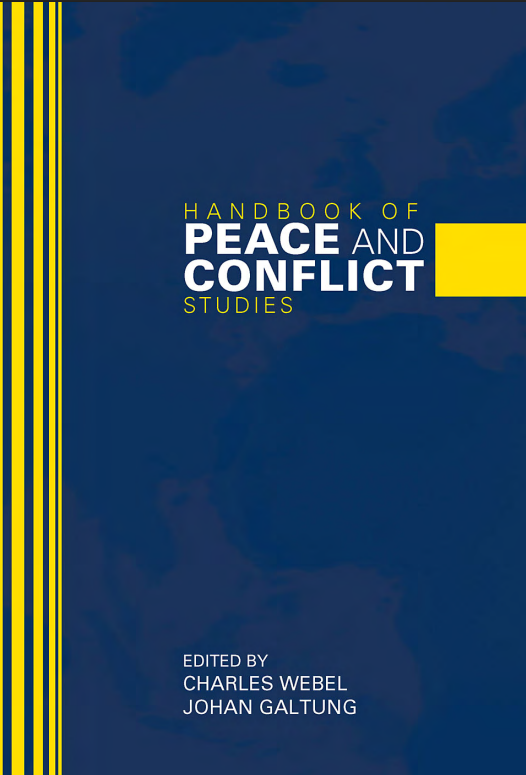

Capitalist Realism: Is There No Alternative by Mark Fisher
personal Book Reader
Access your private PDF books securely. Upload and enjoy reading your personal collection anytime.
Read Your Private BookReviews
No review yet. Be the first to review this book!
Description
"Capitalist Realism: Is There No Alternative?" by Mark Fisher is a sharp, critical examination of the pervasive influence of capitalism on contemporary society and culture. Fisher’s work is a critique of what he terms "capitalist realism," a concept that refers to the idea that capitalism has become so entrenched in our social, political, and economic systems that it is now seen as the only viable way of organizing society, leaving little space for alternative ideologies or visions of the future. The central thesis of the book is that capitalist realism is more than just an economic or political system—it has become a pervasive cultural mindset that shapes how individuals perceive the world and their place within it. According to Fisher, this mindset limits our ability to imagine and pursue alternatives to capitalism, effectively stifling political imagination and creativity. He argues that capitalist realism has colonized not just our institutions, but our very thought processes, making it difficult to envision a world beyond the logic of profit and exploitation. Fisher draws on a wide range of cultural, political, and philosophical references to explain how capitalist realism operates. He critiques neoliberal policies, the decline of the welfare state, and the rise of consumerism, which together create a society where individual desires and aspirations are molded by capitalist interests. He argues that this system leads to a sense of political and existential paralysis, where the idea of change or a better world seems impossible. The book also explores the psychological toll of living in such a system, touching on issues such as depression, alienation, and the erosion of social bonds. One of the most striking aspects of Fisher’s analysis is his exploration of the way capitalist realism affects culture, particularly in media and entertainment. He discusses how contemporary films, television, and music often portray dystopian futures that are heavily influenced by capitalist logic—where characters are trapped within systems that appear inescapable. He argues that these depictions serve to reinforce the idea that there is no alternative to the status quo, and even in fictional worlds, resistance or change seems futile. Fisher also examines the role of technology and social media in perpetuating capitalist realism, with platforms and digital cultures often reinforcing the individualistic, consumer-driven mindset of contemporary capitalism. Fisher’s critique of capitalist realism is not purely negative; he also points to the potential for resistance and the possibility of alternative futures. However, he acknowledges that breaking free from the grip of capitalist realism requires a radical shift in how we think about politics, society, and our collective future. He suggests that we need to reclaim the power of imagination and create spaces where alternative ideologies can flourish. Fisher emphasizes the importance of critical thinking and political engagement in challenging the hegemony of capitalist realism and reawakening the possibility of social change. In conclusion, "Capitalist Realism: Is There No Alternative?" is a compelling and thought-provoking critique of the pervasive influence of capitalism in modern life. Through his incisive analysis, Mark Fisher exposes the ways in which capitalist realism shapes our culture, politics, and psychology, and offers a call to action for those seeking to imagine and create alternatives to the current system. The book is a crucial read for anyone interested in understanding the ideological and cultural forces that sustain capitalism and the challenges of envisioning a post-capitalist world.





















.jpg)



.jpeg)





.jpeg)



.jpeg)




.jpg)








.jpg)


.jpg)





.jpeg)



.jpg)











.jpg)
.png)





.jpg)





.jpeg)

.jpg)
















































